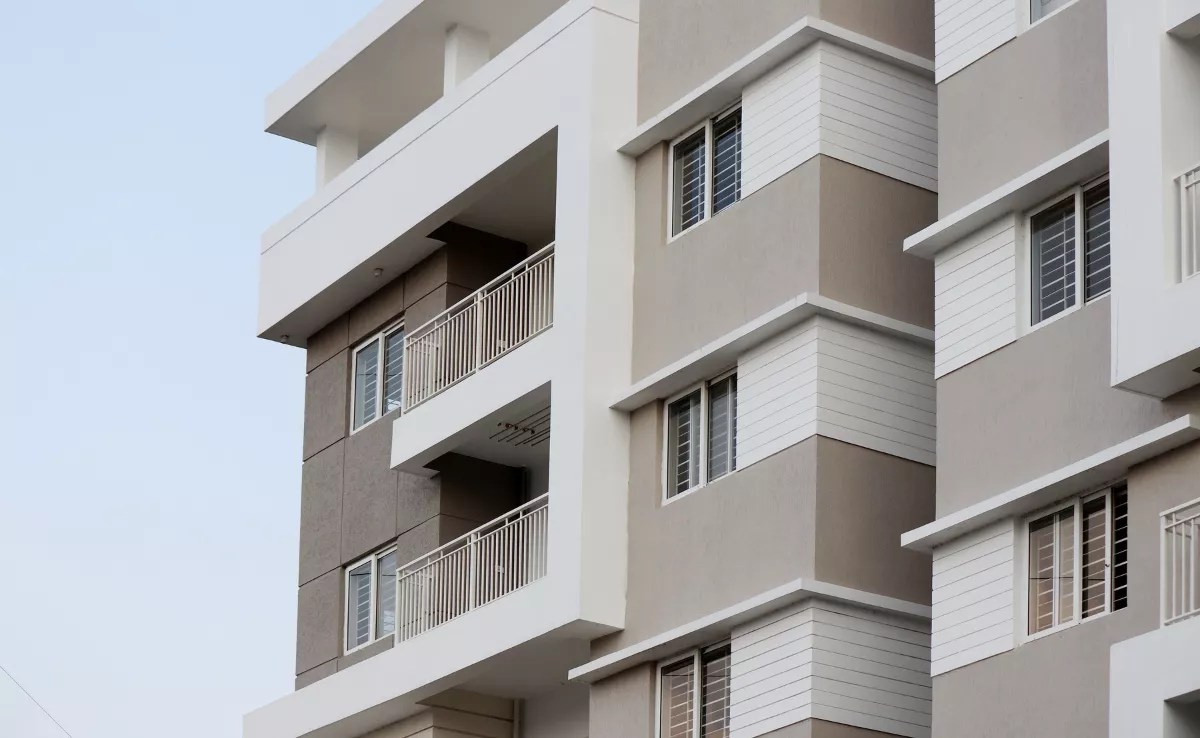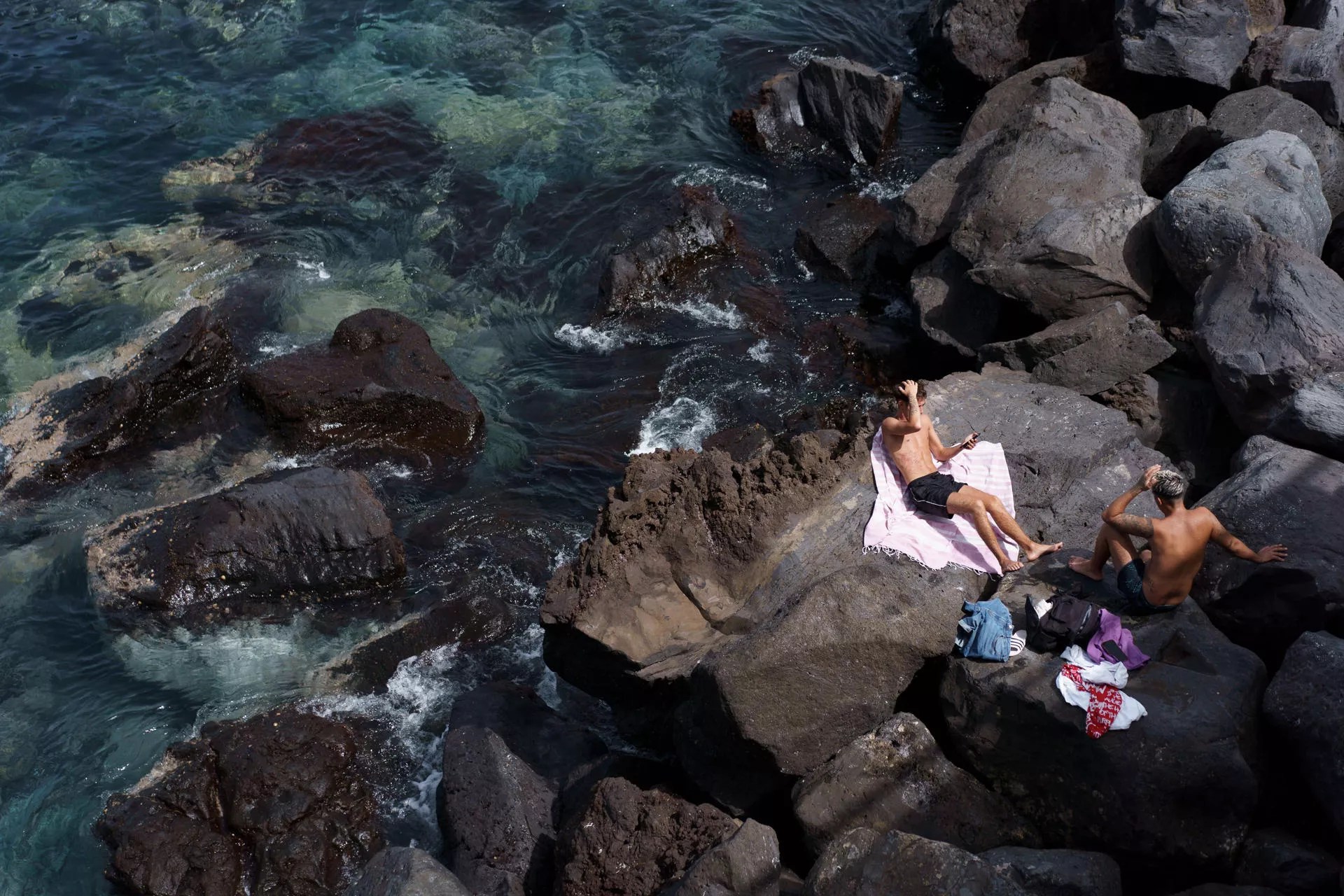The Sumar parliamentary group has submitted a non-law proposal (PNL) in the Congress of Deputies urging the Government to demand the Metropolitan of Tenerife and the Island Council to cease the use of silica dust, a carcinogenic substance, on the tram tracks.
The NLP, promoted by Drago Canarias on social networks, seeks to ensure “a safe and healthy work environment” for the workers of Metropolitano de Tenerife and the service users.
Additionally, it calls for measures to “ensure effective compliance with the equality plan” in the company and strengthen supervision and control mechanisms to guarantee worker safety and respect for their labor rights.
In the explanatory statement, Sumar mentions the strike by Metropolitano de Tenerife staff due to a possible breach of the collective agreement.
Regarding silica dust, it emphasizes that it is produced from the friction between the wheel and the rail when silica sand is injected into the tracks to enhance wheel adhesion and braking, particularly due to the slopes faced by the Tenerife tram, leading to a higher-than-usual use of the sand.
It is worth noting that a 2017 European directive recognises crystalline silica dust as a carcinogenic agent, which was later transposed into the Spanish legal system in 2020.
The Drago Verdes Canarias group recently brought a similar motion to the plenary session of the La Laguna City Council, aiming to raise the issue with the Environmental Prosecutor’s Office.
The proposal was advocated by councillor Alberto Rodríguez, highlighting the need to acknowledge the occupational risks associated with exposure to silica dust, particularly as some workers are diagnosed with lung diseases, and the general population is also exposed.
Rodríguez also stated that if exposures to this chemical agent are confirmed, they will request the involvement of the Environmental Prosecutor’s Office to hold Metropolitano de Tenerife accountable for any alleged crime against public health.
Silica dust is one of the reasons behind the current strike of the tram workforce, coinciding with the Carnival in Santa Cruz de Tenerife. Negotiations are ongoing between the workers and the Tenerife Cabildo to address the requested improvements.
Rodríguez noted, “This chemical agent results from the friction between the wheel and the rail,” emphasizing that Spanish legislation had classified silica dust as a dangerous chemical agent five years prior to the tram’s construction, but it was only recognized as carcinogenic since 2020.















